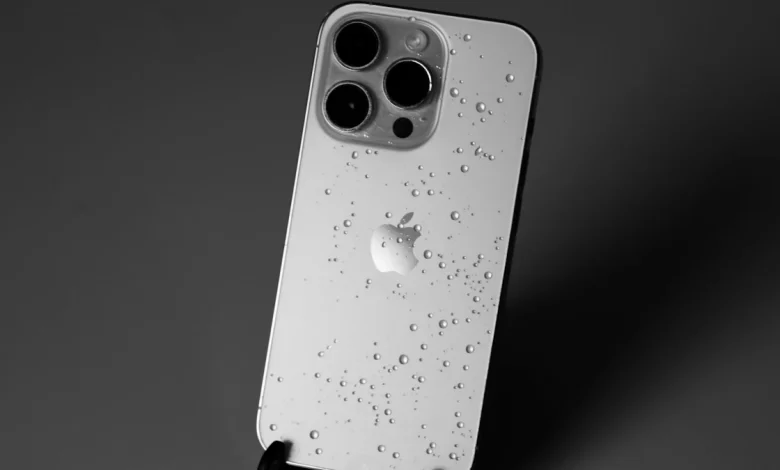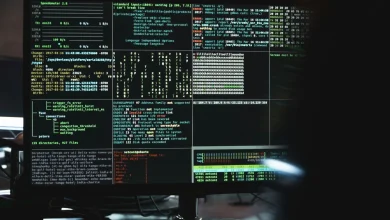iOS 26 Release Date: Everything You Need to Know About Apple’s Biggest Update of 2025
Exploring the New Features and Enhancements in iOS 26

Apple is set to unveil iOS 26 during its highly anticipated “Awe-Dropping” event on September 9, 2025, at the Steve Jobs Theatre in Cupertino.
This major update introduces a sleek new design, enhanced AI capabilities, and features aimed at improving user experience across iPhone, iPad, and Apple Watch.
What’s New in iOS 26?
1. Liquid Glass Design
iOS 26 introduces a unified design language known as Liquid Glass, characterized by rounded, translucent elements that react to motion, content, and inputs. This design replaces the flat aesthetics introduced in iOS 7, bringing a more dynamic and visually appealing interface.
2. Enhanced Apple Intelligence
Apple Intelligence has been upgraded to support live translation of voice and text conversations using on-device models. Additionally, new features like Genmoji and Visual Intelligence offer more interactive and personalized user experiences.(according to Wikipedia)
3. Improved Communication Apps
The Phone and Messages apps have received significant updates, including better call screening, real-time translation in FaceTime, and a new Hold Assist feature that manages being placed on hold during calls.(according to Tom’s Guide)
4. Accessibility Enhancements
Also Read: Apple iPhone 17 Pro Release Date: Everything We Know So Far
iOS 26 introduces features like Braille Access, which turns the iPhone into a full braille note-taking tool, and Head Tracking, allowing users to control the pointer on the screen through head movements.
5. New Apps and Features
Apple Games, a brand-new app, provides a single destination for all your games. Updates to CarPlay, Apple Music, Maps, and Wallet aim to enhance user experience across Apple’s ecosystem.(according to Apple)
Final Thoughts
With the official release of iOS 26 expected around September 15–16, 2025, this update promises to deliver a more intuitive, personalized, and efficient user experience. Whether you’re a developer, tech enthusiast, or casual user, iOS 26 offers features that cater to a wide range of needs and preferences.
Frequently Asked Questions
iOS 26 is expected to be released to the public on September 15–16, 2025, following the Apple “Awe-Dropping” event on September 9.
iOS 26 will be compatible with iPhone 15 and later models. Older devices may not support all features, such as Apple Intelligence.
Once released, you can update to iOS 26 by going to Settings > General > Software Update on your compatible device.









s35v8b